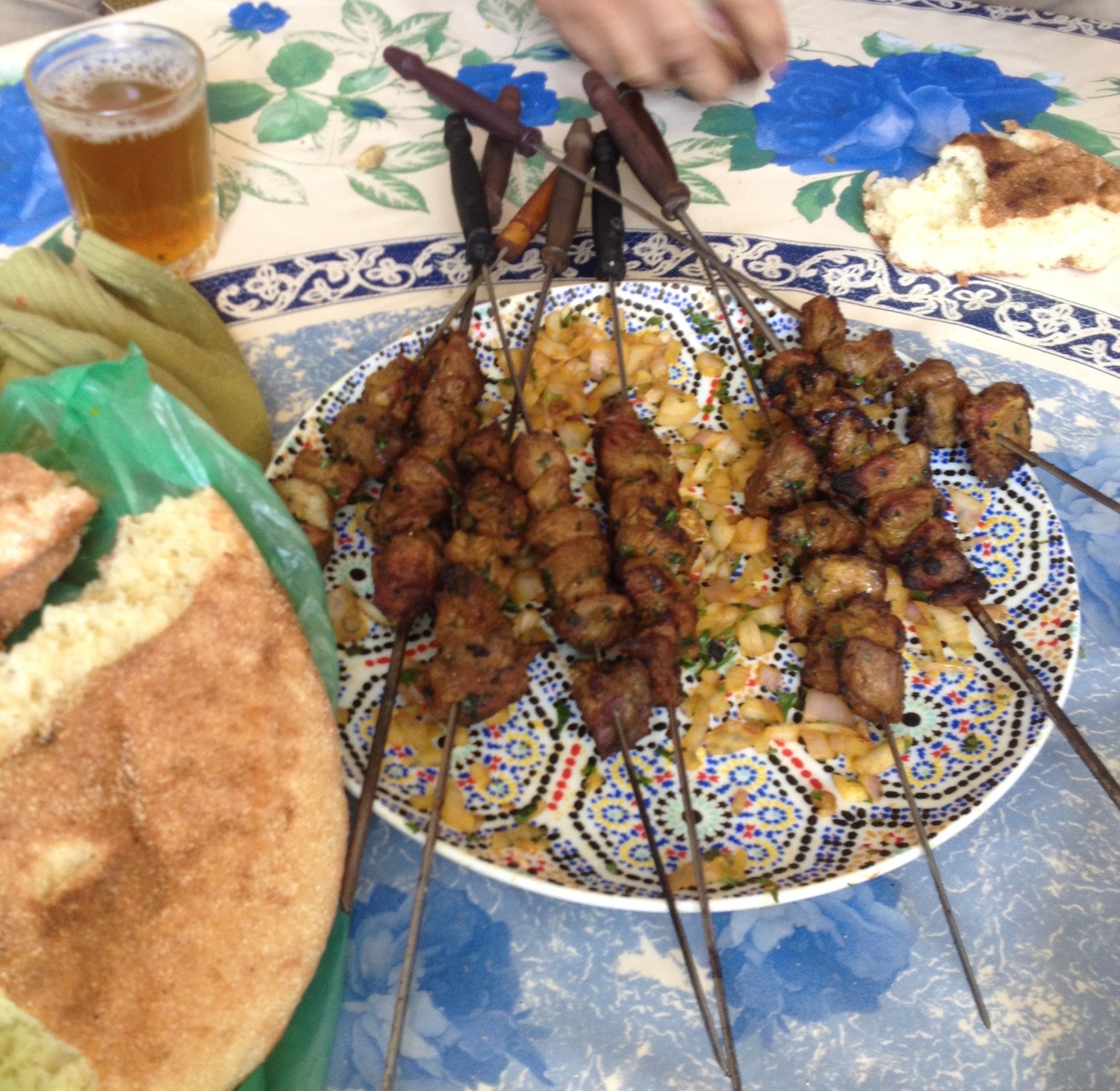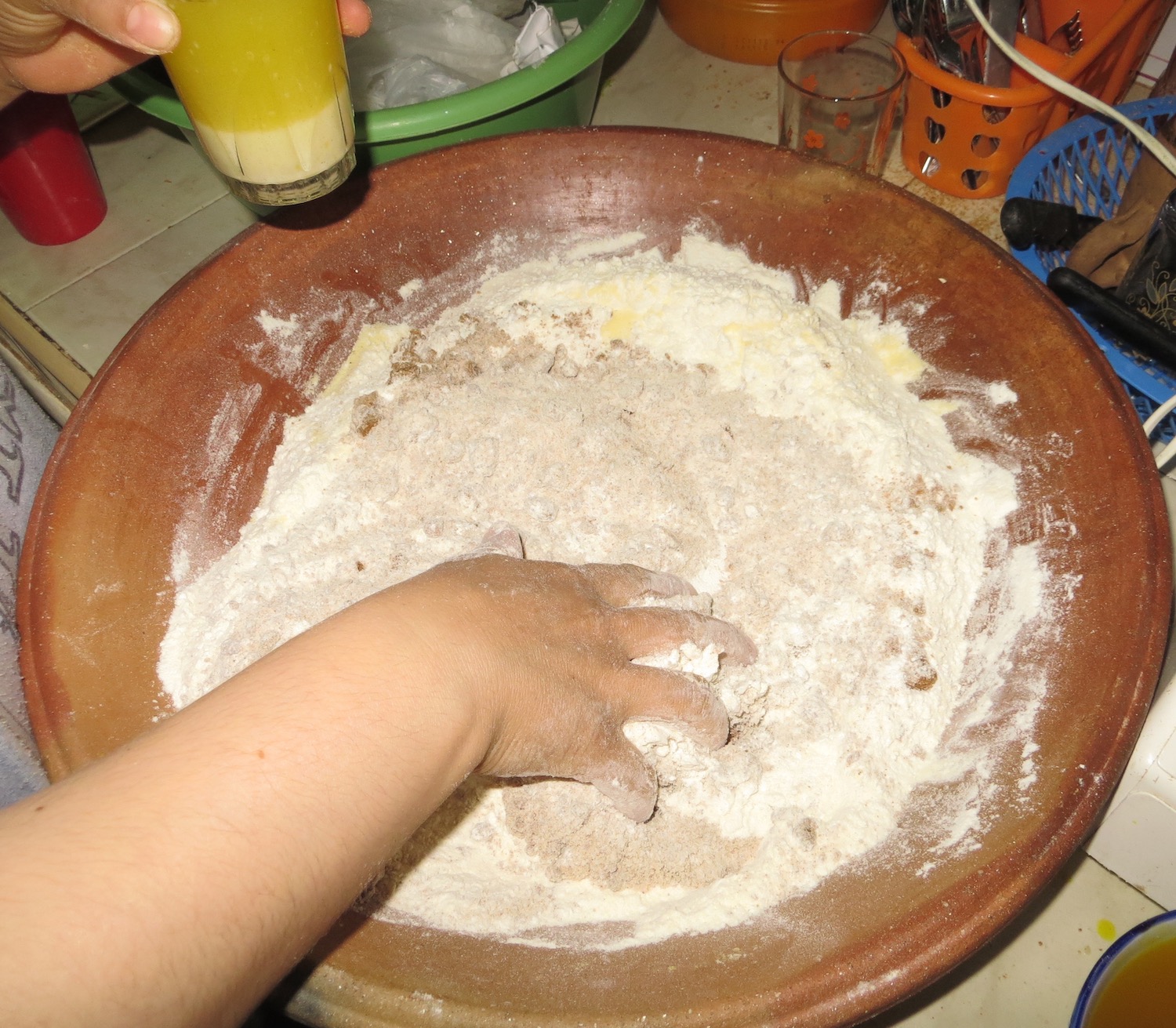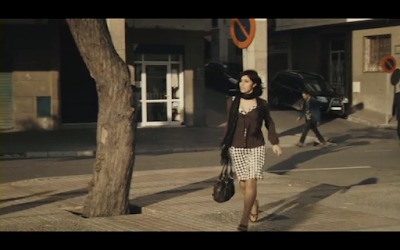
Toxic Bodies, Sacred Ecologies
Courtney O’Dell-Chaib considers how toxic materials complicate conceptions of “sacred natures” through their ability to ooze beyond categories such as nature/culture, human/nonhuman, sacred/profane. In conversation with voices in material feminisms and affect theory, O’Dell-Chaib suggests possible avenues for navigating our toxic immersions.


